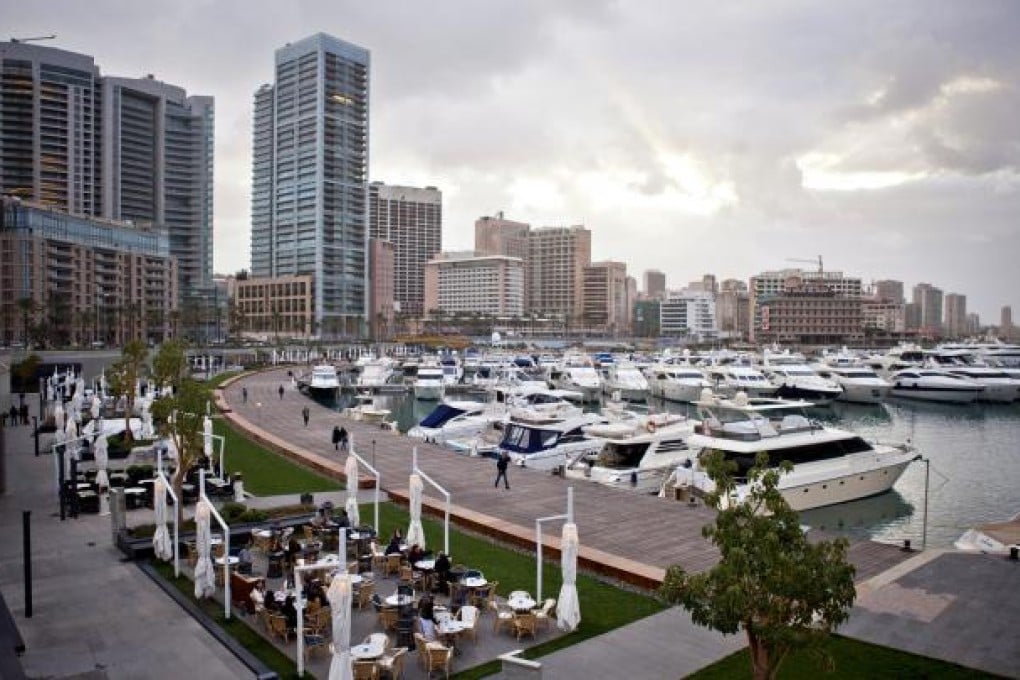Eat, play, love - Beirut
On honey moon in Beirut, a city synonymous with conflict, Omar Mouallem finds a culture keen to make food, not war

There is a famous picture, taken by war photographer Jay Ullal in 1983, showing a Christian bride and Muslim groom crossing a ravaged neighbourhood along Beirut's Green Line, an invisible yet powerful east-west divide that kept their religions apart until 1990.
Twenty-nine years later, an interracial, intercultural newlywed couple wade through the pool of a five-star hotel overlooking this former war zone. My bride and I have come here, to the Lebanese city synonymous with war, to celebrate our love. This despite our government advising against "non-essential travel" to Lebanon, my parents' home before they emigrated to Canada to escape the 1975-1990 civil war.
Peering over the pool edge, we see polished stone buildings and pavements, Parisian street lamps and flower gardens. We see a few tourists, but mostly Beirutis, shopping and dining in a city suffering a devastating tourism season. After all, conflict is still raging nearby, about 85 kilometres away in Syria, and also in Lebanon itself, where sectarian violence has erupted in Tripoli.
Not that you'd know it, looking out over Beirut. In fact, this downtown looks nothing like the one I saw in 2007. So much has appeared in the past three years, an ongoing attempt by public-private company Solidere to return Beirut to its 1960s glory. The sounds, however, are familiar; my brain has been absorbing a cacophony of car horns for three straight days.
Seemingly against the odds, Beirut has blossomed around the weeds planted by civil war and an ever-teetering economy and government; around the masked men burning cars near our hotel on the first night of our honeymoon - we were oblivious to the destruction until we read about it the next day; around the bullet-pocked office building standing directly opposite a new 1.7 million-square-foot mall, Beirut Souks, frequented by the wealthy and their foreign nannies.
I am serving as husband, guide and translator even though, prior to our honeymoon, I had spent no more than 48 hours in Beirut, tending to visit instead my parents' hometown, in the Bekaa Valley, on trips to Lebanon. And my Arabic? As I like to say, " , " ("little, little"). Luckily, many Beirutis are trilingual - on top of Arabic, French is still in their back pockets from long-gone colonial times, and then there is, of course, the worldwide lingua franca of English. Furthermore, our hotel has become a landmark in the three years since British hospitality group CampbellGray opened it. So, to get to it by cab, Arabic suffices.
